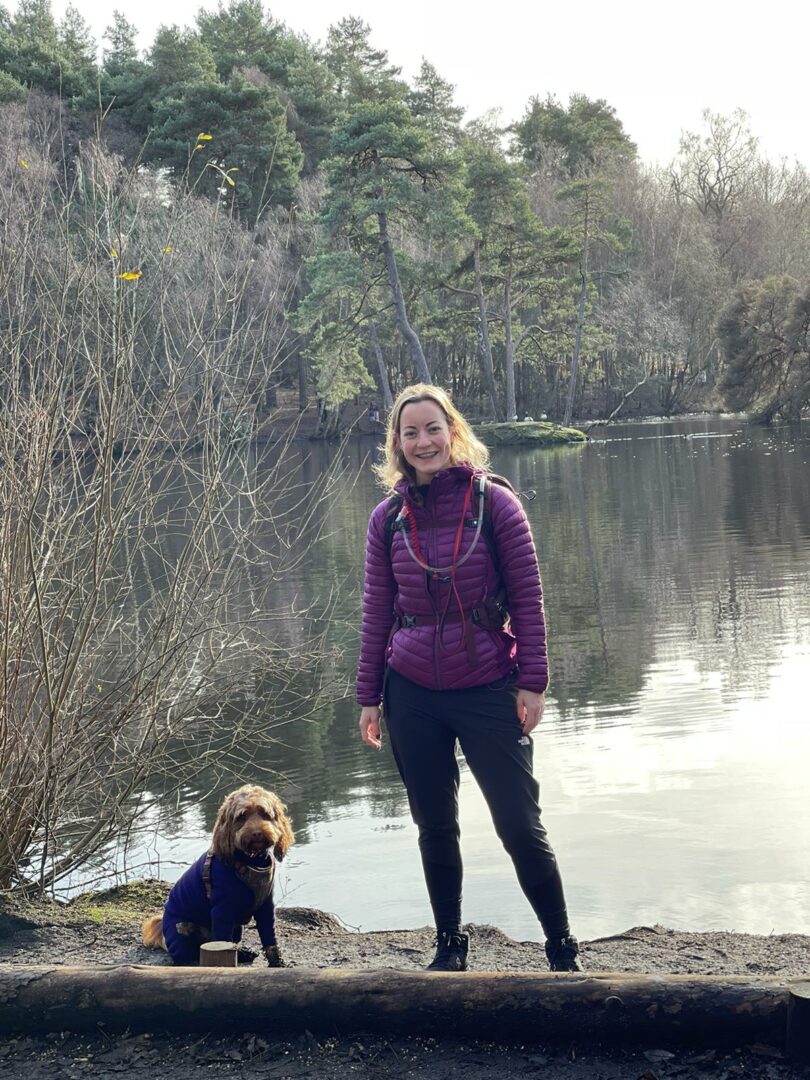When I found out that May is National Mental Health Awareness Month, I started thinking about what this really means. For me, the vital component here is the “awareness.” The importance of awareness is not to be underestimated. We all have mental health. According to the World Health Organisation, mental health is not just the absence of mental disorder. It is defined as a state of well-being in which every individual realizes their own potential, can cope with the normal stresses of life, can work productively and fruitfully, and is able to make a contribution to their community. We all have times where our mental health is challenged in one capacity or another. This is undisputed. But it is in the absence of awareness that stigma, shame and isolation are born. For me, awareness is the golden gateway to combatting the stigma attached to mental health. If there were no stigma, I truly believe that the devastating effects of mental health would diminish. People would feel confident and comfortable in seeking support for their mental health, allowing it to form part of our overall wellness efforts, in the same way that we that we manage our diet, our dental health and other physical aspects of our wellbeing.

My own experience with mental health is broad. My mother had bipolar disorder and generations on my father’s side have suffered with depression. This is why I am so passionate about mental health. I have lived through its consequences and my own mental health has suffered as a result. It is common to see this cycle in families where mental illness is present; I became adamant about breaking that cycle. This is why each day I prioritise my own mental health. I do this in various ways (and with varying degrees of success, I might add). I try meditation, getting out in nature, hiking, reading books, learning about mindfulness and recognising what triggers me and what I need to step away from.
As for awareness, this is where it starts. It starts with me. By being aware of my own mental health and how I can protect it, my awareness increases. If I can recognise how I cope with things emotionally; if I look for ways to reduce the negative impact that stress factors have on my own mental health, I start to become aware of how others are coping and I can share my coping mechanisms with them. This is where stigma is broken down. When we feel understood by others, when we hear others talking about their experiences and when we hear our own story weaving through the words that someone else is saying, stigma lessens. This is where the importance of talking comes in.
There cannot be awareness without talking about it. Being aware of mental health in silence will not challenge the adverse attitudes about mental health that exist in our communities today. We have to share our stories. This is why I am so passionate about “Time to Talk” at Blue Yonder. Time to Talk is a network of Mental Health First Aiders within Blue Yonder that are trained in listening non-judgmentally, to support associates who are struggling with their mental health. Most importantly, the Time to Talk team provides a safe space and is available for anyone who needs someone to talk to. Talking is the single most effective way to obtain mental health support and guidance and it is hugely effective in raising awareness. If we talk about our mental health, we can do so much to dispel the inaccuracies surrounding it. It is scary and it can feel unnatural, but it is so important that we talk.

I wrote above that my mother had bipolar disorder. I questioned the inclusion of that detail in this blog. Is that ok? Should I say that? The words almost make me flinch, even to this day. But if I allowed those doubts to silence my reality, my experience which I am sharing with you, I would be doing a disservice to Mental Health Awareness Month. I recognise that I am not the only person who knows someone with a mental illness. I am not the only person who has had poor mental health. We need to get to a point where we can discuss these topics without fear. We may share in sadness a cancer diagnosis, a broken arm, a chest infection. These illnesses are not met with the reservations that mental health is met with, and this needs to change. Our mental health should be treated, prioritised and discussed in the same way that our physical health is.
It starts with me. And it starts with you.
My hope is that we all take a small step towards: (1) understanding our own mental health (the positive benefits of which will be almost immediate) and (2) sharing our experiences. We need to make it a regularity to discuss how we are feeling, and how we are struggling. Only then will people feel able to reach out for help when they need it, and it is in these conversations that lives are literally saved.
This is what Mental Health Awareness Month means to me.

